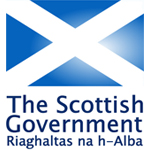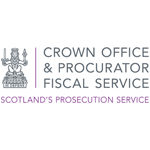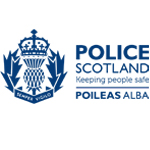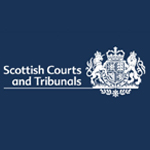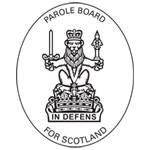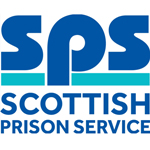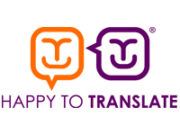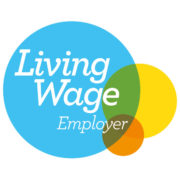Information guides overview
All of our guides for bereaved by crime concerns are laid out for you to view and access easily.
1. Introduction and organisation
Support for families bereaved by crime
This guide will introduce our Support for Families Bereaved by Crime service and what we can provide.
Your rights as a victim of crime
Victim Support Scotland will aim to uphold your rights as a victim. Read this guide to learn more about your rights.
Address book and important reference numbers
You may meet many different people in the coming weeks. Keep note of who they are and how to contact them with this resource.
Important meetings
Use this resource to keep track of important meetings and dates.
To do list
This to do list can help you to keep track of who is completing what tasks and by when.
Local support available
Information about support organisations will be made specifically for you and your family. You can ask your support worker to get in touch with them or you can contact them yourself.
Glossary
You may come across terms that you are not familiar within these guides and the justice process. This guide provides meanings and explanations.
2. Talking about the death
Coping with grief
The grieving process you experience may be different from other bereavements and may impact you in different ways, as described in this guide.
Impact on families
This guide provides information about the ways in which trauma can affect families.
Telling people about the death
In this guide we provide support to help you tell family and friends about the death.
Notifying people about the death
There may be a number of people you will need to tell about the death. Here we offer a list to help you manage these calls.
Managing media attention following a bereavement
The media may be interested in the news of the death. This guide offers some advice about how to interact with the media.
Managing social media following a bereavement
People often share their thoughts and feelings about the death through social media. Here is a guide to help you manage social media accounts and engagement.
3. Caring for the deceased
Identification and seeing the body
Someone who knew the person who died may be asked to identify the body. This guide will tell you more about who can do this and how it will be done.
Post-mortem
This guide provides information about a post-mortem, the examination of a body after death.
Paying for the funeral
In this guide we provide advice to help you plan how you will pay for the funeral.
Arranging a funeral
This guide will provide information and advice on how to arrange a funeral.
4. Administration for the deceased
Registering the death
This guide will tell you about how the death is registered and what to do with the death certificate.
Dealing with the deceased’s legal affairs
This guide provides information about dealing with the legal affairs of someone who has died.
Managing housing issues
After someone has died, there are several things that you may need to do in relation to their home or the home you have shared together, which are detailed in this guide.
Stopping direct debits
This guide tells you how to stop the direct debits of the person who has died.
Stopping mail
We offer information about stopping mail being delivered to the person who has died.
5. Finance
Available benefits and grants
Following the death of a family member you may be entitled to financial support from the Government.
Dealing with the debt of the deceased
The person who died may have left behind some debts. This section will help you identify these debts and pay them off without disadvantaging you.
Criminal Injuries Compensation Authority (CICA)
You may be able to make a claim to the Criminal Injuries Compensation Authority. This guide will let you know how to make a claim.
6. Criminal justice proceedings
The Crown Office and Procurator Fiscal Service (COPFS)
COPFS are responsible for collecting information and evidence relating to criminal investigations. This guide will provide more information on them and their role in your case.
Victim impact statement
Victim impact statements are written or oral pieces of information from crime victims in their own words about how the crime has affected them.
Preliminary charges and precognition investigation
This guide provides information on preliminary charges, the initial charges that an accused person faces.
Bail
This guide discusses the accused’s legal right to request bail.
Preliminary hearing
A preliminary hearing is used to make sure that the defence and the prosecution are ready for the case to go to trial.
The trial
This guide will give you information about what to expect during the trial.
Sentencing
Sentencing will only be certain when it has been passed by the judge, but this guide will help you to understand the language and processes around sentencing.
After sentencing
This guide gives you information about what will happen after the accused has been sentenced.
Victim Notification Scheme
Some members of the family will be entitled to join the Victim Notification Scheme. This guide gives information about eligibility and joining the scheme.

